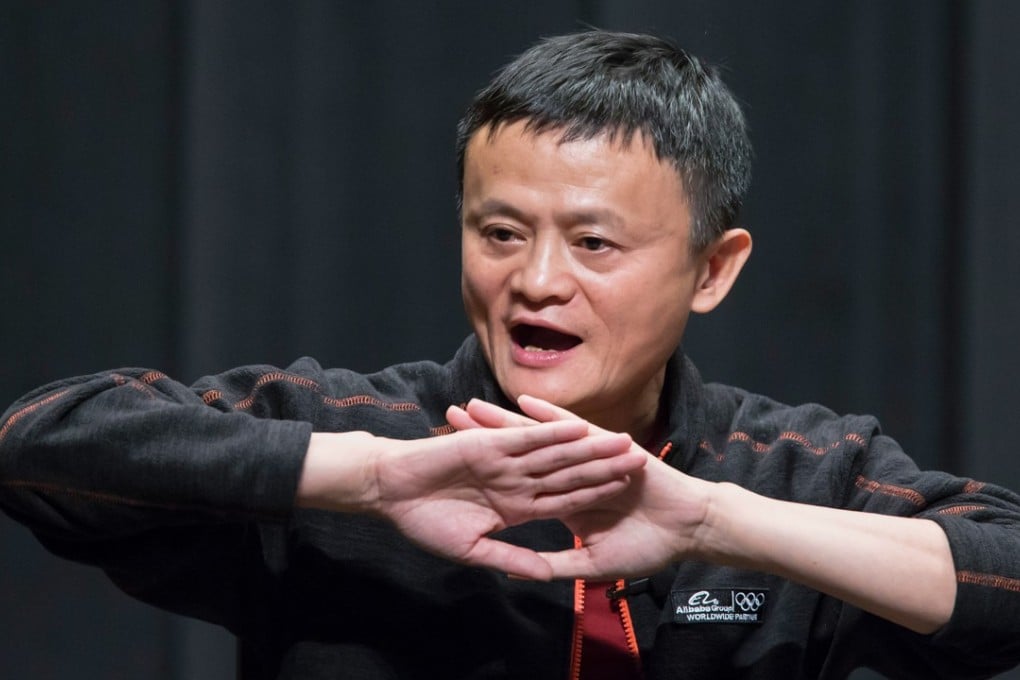Countries need to break free of US dominance of semiconductor industry, says Alibaba’s Jack Ma
Alibaba has invested in five semiconductor firms in the last four years

The co-founder of Chinese e-commerce giant Alibaba Group Holding, Jack Ma Yun, said nations from Japan to China needed to develop their own semiconductor technology to get around America’s grip on the global chip market.
Ma, explaining his company’s growing interest in chips, including this month’s acquisition of local design house Hangzhou C-Sky Microsystems, said he was motivated in part by a desire to make chips “inclusive” – cheap, efficient and available to all. He said his company had invested in five semiconductor firms in the past four years.
“America was the early mover and China, we need a lot of things. 100 per cent of the market for chips is controlled by Americans,” he told students and entrepreneurs at Japan’s Waseda University. “And suddenly if they stop selling – what that means, you understand. And that’s why China, Japan, and any country, you need core technologies.”

Semiconductors lie at the heart of a spat between the world’s two largest economies, a dispute that has swollen tariffs, chilled Chinese investments in American companies and hampered China’s development of technologies from fifth-generation wireless to artificial intelligence.
The US government is even reviewing the possible use of a 1977 law under which President Donald Trump could declare a national emergency, block transactions and seize assets. Along with the US blacklisting of Chinese telecoms firm ZTE for seven years, that only reminded Beijing of the urgent need to whittle down its dependency on American technologies.